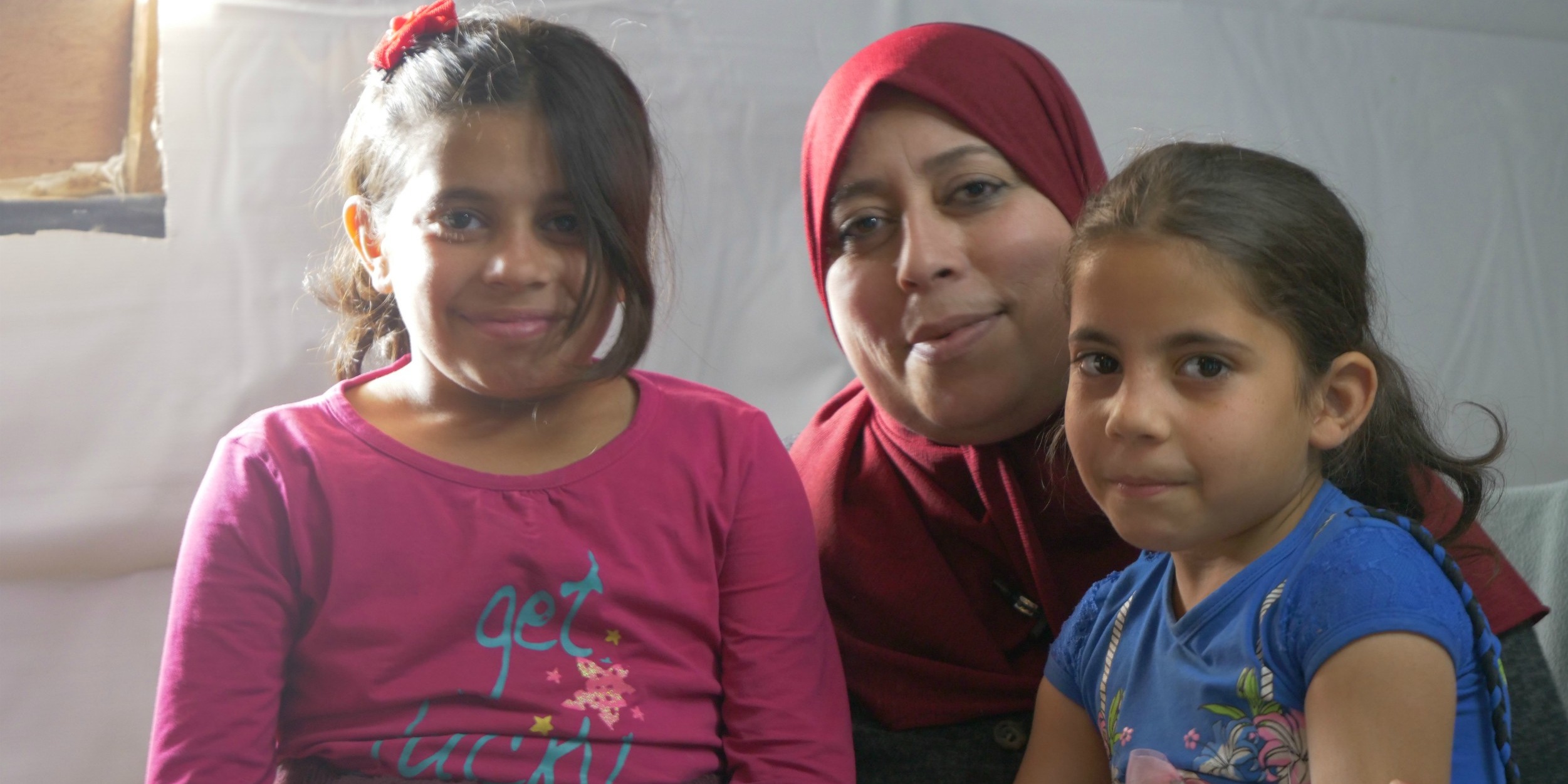Giving Zakat or Sadaqah during the last 10 nights of Ramadan? A $95 donation can help a refugee family to survive for 1 month
This article is sponsored by UNHCR, the United Nations Refugee Agency.
Ramadan is proving to be an extremely difficult month for Muslim refugees. Confined in overcrowded settlements and far away from home, without any income to buy their necessities, getting food for iftar has been a daily challenge.
Huda is a Syrian widow living in Lebanon who is struggling to provide for her young children alone. It has been five years since she fled her home, but the grief of losing her husband is harder than anything else.
“Ramadan is probably the best month of the year,” she said. “Now, we borrow money during Ramadan in order to survive. We help each other out in the informal settlements especially during Ramadan. I cook a meal and share it with my neighbours,”
Kudafa is a Yemeni mother who was forced to flee her home. This is the second Ramadan she will spend away from home and when we spoke to her a few weeks ago, she knew that it wouldn’t be easy.
“We used to prepare for Ramadan before it arrived, when we were in Hudaydah. But now all we can do is welcome Ramadan with prayer and fasting,” said Kudafa.
After losing everything during the war, she fled with her children and ailing husband to a camp in another area. “We spent all the money we had to reach this place. When we arrived here, people were kind enough to help us,” she added.
Kudafa is optimistic that she and her family will eventually be able to go home. “I imagine a time will come soon when we will enter our old homes. Even if they were destroyed, we’re willing to rebuild them. What matters most is that we find safety and stability again.”
ZAKAT FUND
Last year, UNHCR’s “Refugee Zakat Fund” raised over $43 million and directly benefited more than 1 million vulnerable displaced persons. This year, the situation for refugees is even more fragile because of the COVID-19 pandemic.
The Fund released its annual report last month, detailing sources of funding, and more critically, where and how those millions were distributed, in a bid to demonstrate transparency to donors.
There are many charities you could give your obligatory Zakat to but UNHCR stands out as a trusted, and audited, global organisation responsible for the welfare of around 20 million refugees worldwide.
One of the beneficiaries of last year’s Zakat donations is 13-year-old Abdullah, who takes care of his blind mother, Um Abdullah. Cash support coming through UNHCR’s Refugee Zakat Fund has made a visible difference to his and Um Abdullah’s life.
The money has helped the family pay off overdue rent, buy food, and cover the expenses of medical check-ups and treatments.
With a donation of just $95, UNHCR can provide an entire family with shelter, food, water, and medicine for one month.
| $50 of Zakat helps provide lifesaving aid for 1 month. |
| $95 of Zakat provides a refugee family with shelter, food, water and medicine for 1 month. |
| $220 of Zakat provides 2 refugees with shelter, food, water, and medicine for 1 month. |
| $920 of Zakat allows one vulnerable family to cover its immediate needs for 1 entire year. |
Back in Syria, Abdullah’s mother could see, until she lost her husband one day shortly after the death of her parents.
“I was sad and cried a lot. I developed a problem with the pressure in my eyes. My eyes were badly damaged and I lost my eyesight. After that we came here [to Jordan].”
Um Abdullah knows that without her young son’s care, things would have been vastly different. “Abdullah means everything to me. I am alive because of my son,” she said.
The boy, an only child, has accepted his destiny, but it still weighs him down. Going to school means he must leave his mother alone every day for several hours.
“When the other kids leave the house, their brother can bring their mum what she needs. I wish I had a brother just like me. I feel that I have more responsibility than the other kids,” said the 13-year-old.
While his friends go out together and play sports, Abdullah takes care of his mother, a huge responsibility which he has committed to. The family of two have been living in a small apartment in Jordan since fleeing war in Syria in 2013.
HIT BY PANDEMIC
Abdullah and his mother are among a staggering number of Syrian refugees in need of emergency cash assistance.
According to UNHCR estimates, nearly 5.6 million people have fled Syria since 2011, seeking shelter in Lebanon, Turkey, Jordan and beyond. More than 655,000 Syrians are seeking safety, in Jordan alone.
The situation has gotten worse with the outbreak of the coronavirus. Living in overcrowded conditions, with poor access to water and sanitation services, refugees are at a higher risk of exposure to the virus.
To top it all, most refugees have been relying on informal daily-wage jobs that have vanished due to the economic impact of the lockdown. Nearly 90% of refugees in Jordan have less than JD50 ($70) of savings left, and around 40% have been left without an income, UNHCR has found.
To help them cope with this recession, the UN agency is giving out one-off emergency cash assistance to around 18,000 refugee families in Jordan and to more than 11,000 families in Lebanon.
| If you would like to support a refugee family in need by giving Zakat or Sadaqah during these blessed last 10 nights of Ramadan, UNHCR’s Refugee Zakat Fund can be accessed HERE. |
© SalaamGateway.com 2020 All Rights Reserved
